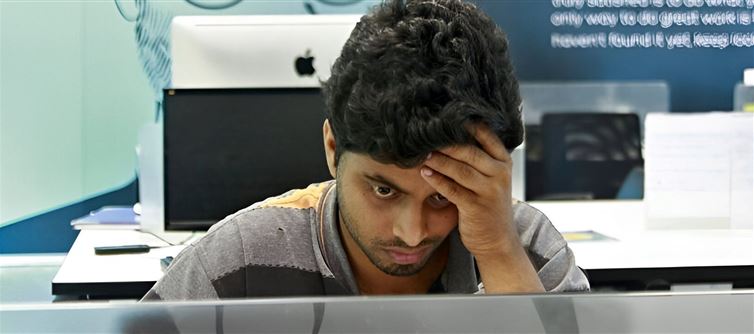
Beyond physical health, the mental toll of longer hours is equally alarming. Constant exposure to high-pressure environments without adequate rest can lead to a rise in anxiety, depression, and other mental health disorders. The IT industry, already notorious for tight deadlines and intense workloads, could see a surge in attrition as employees seek healthier work-life balance elsewhere. Moreover, if companies shift to a two-shift system to accommodate the new hours, it could ironically result in job losses, eliminating up to one-third of existing roles. This not only undermines the intent to improve productivity but also destabilizes the employment landscape for thousands in Bengaluru, India's tech hub.
Economically, the proposed extension lacks convincing evidence of benefit. Increased working hours do not necessarily translate to increased productivity; in fact, overworked employees often deliver diminishing returns. The reputation of Bengaluru as a global IT destination may also suffer, deterring both investment and top talent. Companies operating in international markets may reconsider setting up or expanding operations in a region seen as regressive in labor policies. With trade unions firmly opposing the proposal and industry voices raising red flags, the government faces mounting pressure to reconsider the move and prioritize sustainable, employee-friendly policies over short-term economic calculations.




 click and follow Indiaherald WhatsApp channel
click and follow Indiaherald WhatsApp channel